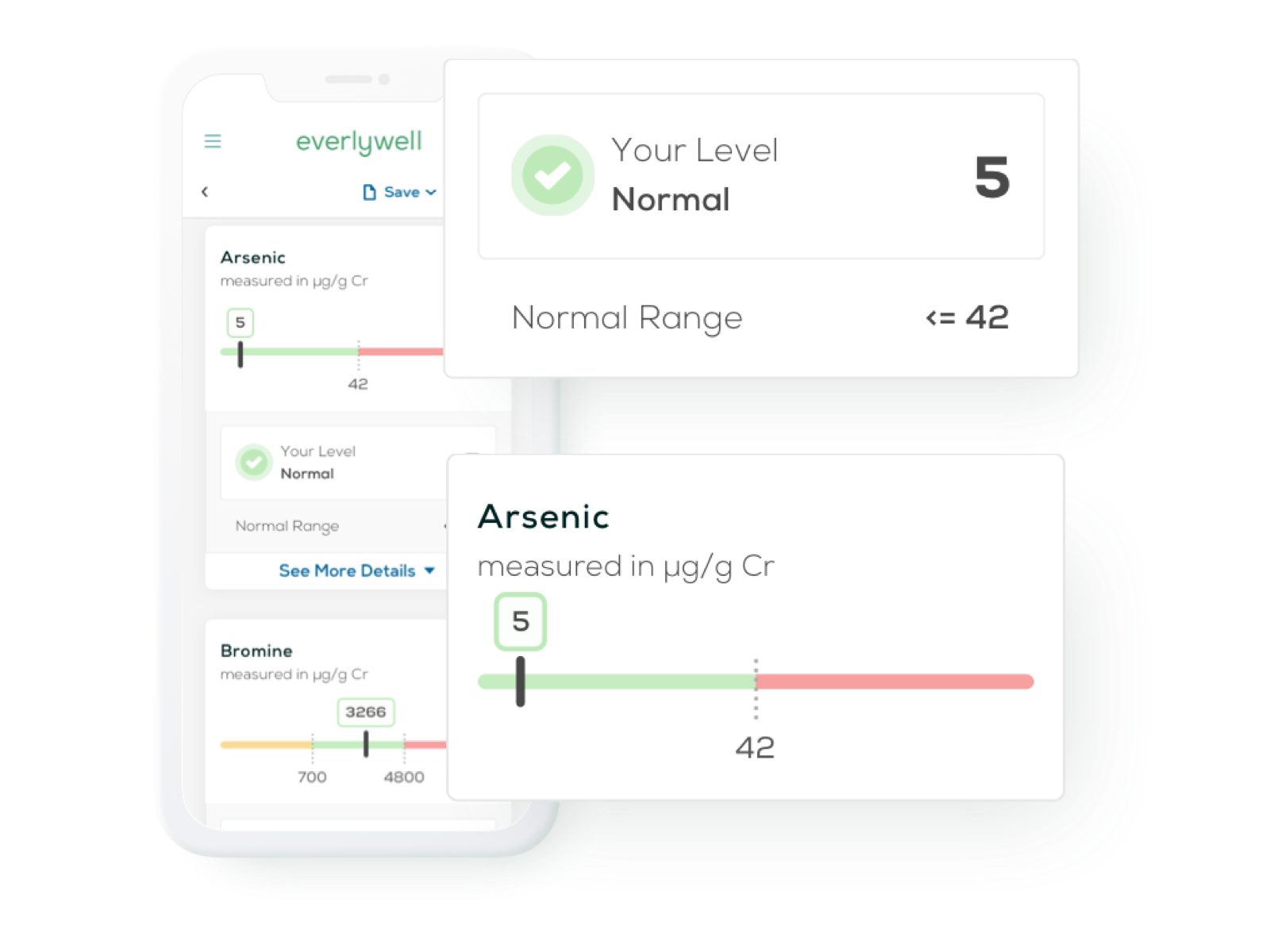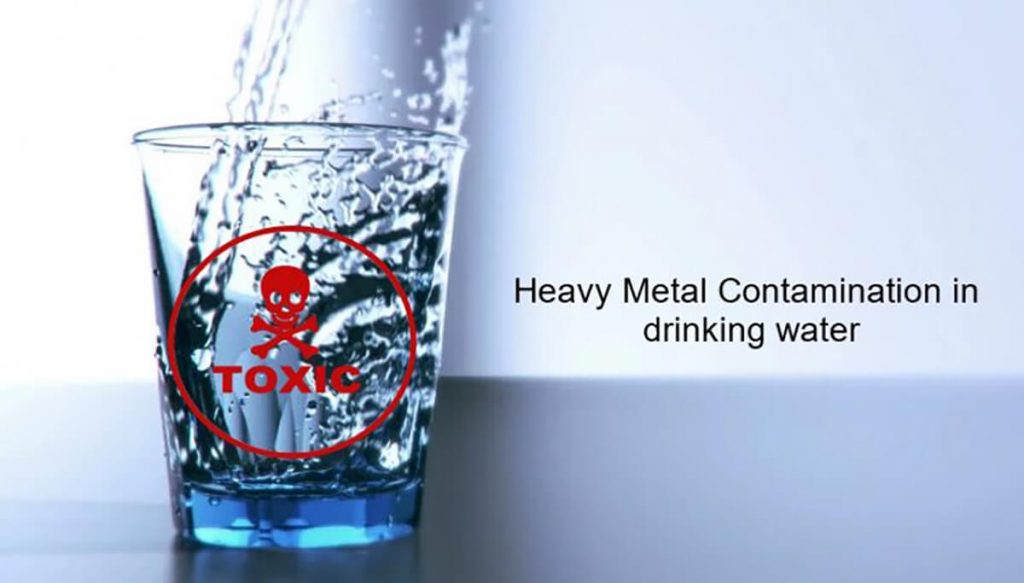Getting My Drinking Water Testing - State of Michigan To Work

Excitement About In-wall mount bathroom basin faucet constructed from solid

When should a well be checked? New Wells All in North Carolina must be tested by the North Carolina State Laboratory of Public Health () a state-certified business laboratory prior to establishing the well as a source of drinking water. Tests for bacterial and chemical pollutants ought to be performed.

Symptoms of Heavy Metal Poisoning/Toxicity - HM Testing on Lead & more

Manhattan What To Test For In Water Quality - Manhattan Checking For Lead In Your Water
Well owners for can likewise contact their local health department or a state-certified commercial lab to ask for well water testing. Well owners must to make sure it is working correctly and guarantee that there are no cracks or openings where impurities can get into your groundwater. Well water must be tested after repairs or replacements to any of the well parts and after flooding occasions, since pollutants might enter your well when it is opened or if the wellhead is underwater.
Protect yourself and your household by checking your water regularly. How/where do you get your water tested? Generally, personal well water can be checked via the North Carolina State Laboratory (through your regional health deparment) or a state-certified commerical laboratory. However, specific procedures, fees and ordinances may differ from county to county.

Schools fail lead tests while many states don't require testing at all
The 9-Second Trick For NYC Schools Left Thousands Of Lead-Contaminated Water
How often should I check my well water?: A Reliable Source for overall and fecal coliform bacteria. Also to ensure it is working appropriately and guarantee that there are no fractures or openings where contaminants can enter into your groundwater.: Test for heavy metals, nitrates, nitrites, lead and copper.
If you know of a particular pesticide that is used in your location, test yearly. Special situations that might require additional screening: If you are pregnant or have a baby at house, you must check your water for nitrates. If you have nitrates in your well water, do not consume the water or utilize it to prepare child formula.
Boiling water does not eliminate nitrates. If there are known problems with well water in your area, If you have experienced problems near your well (i. e., flooding, land disturbances, and neighboring garbage disposal websites), If you change or fix any part of your well system, If you discover a modification in water quality (i.
